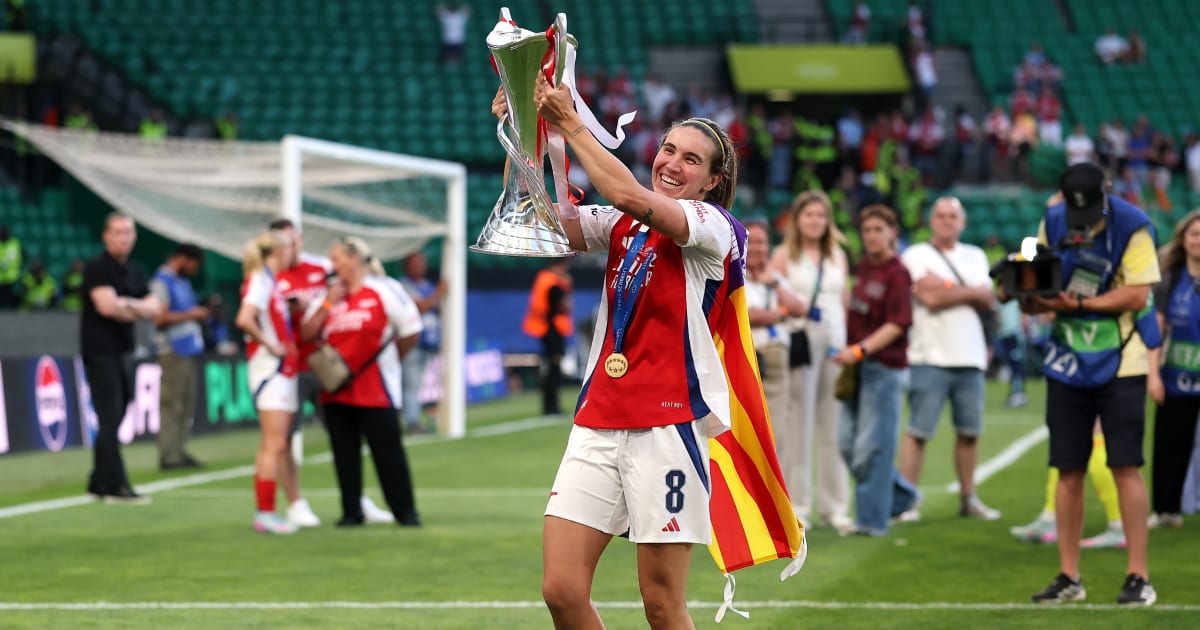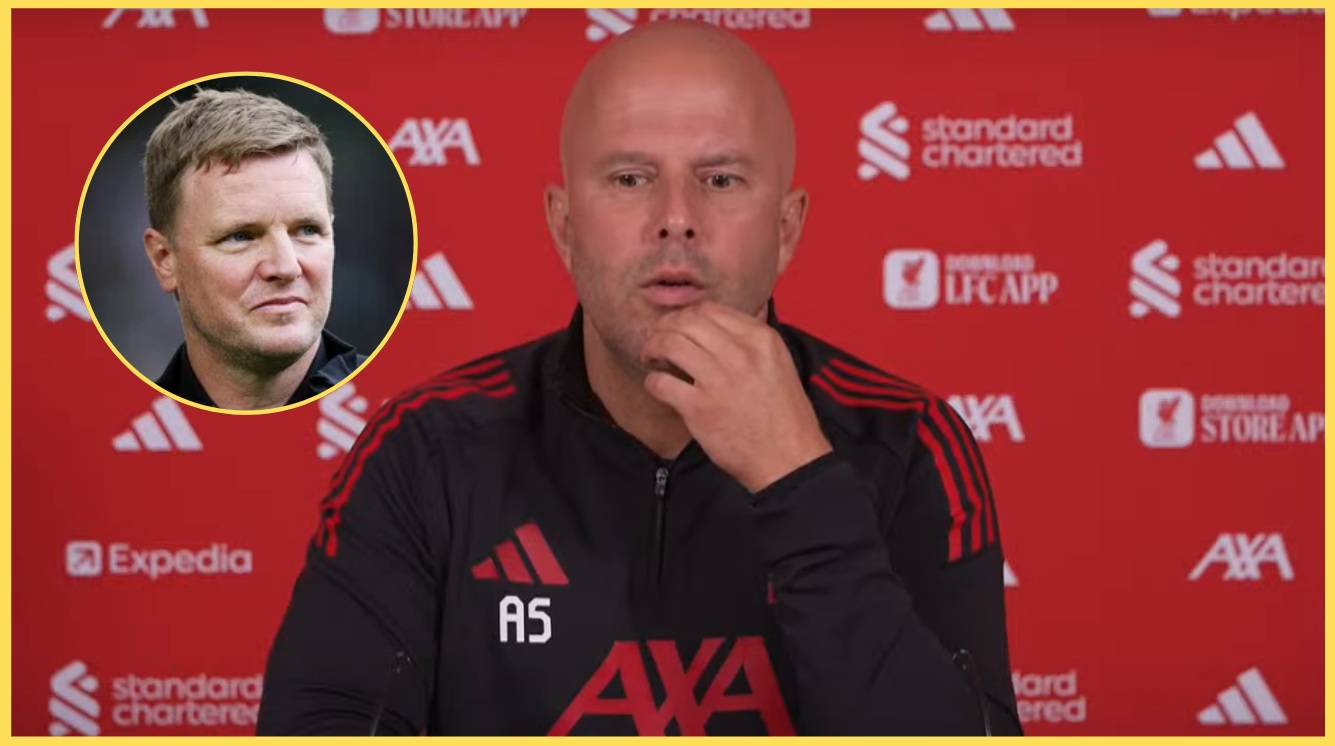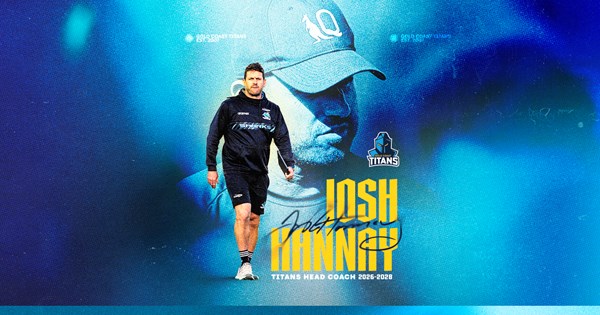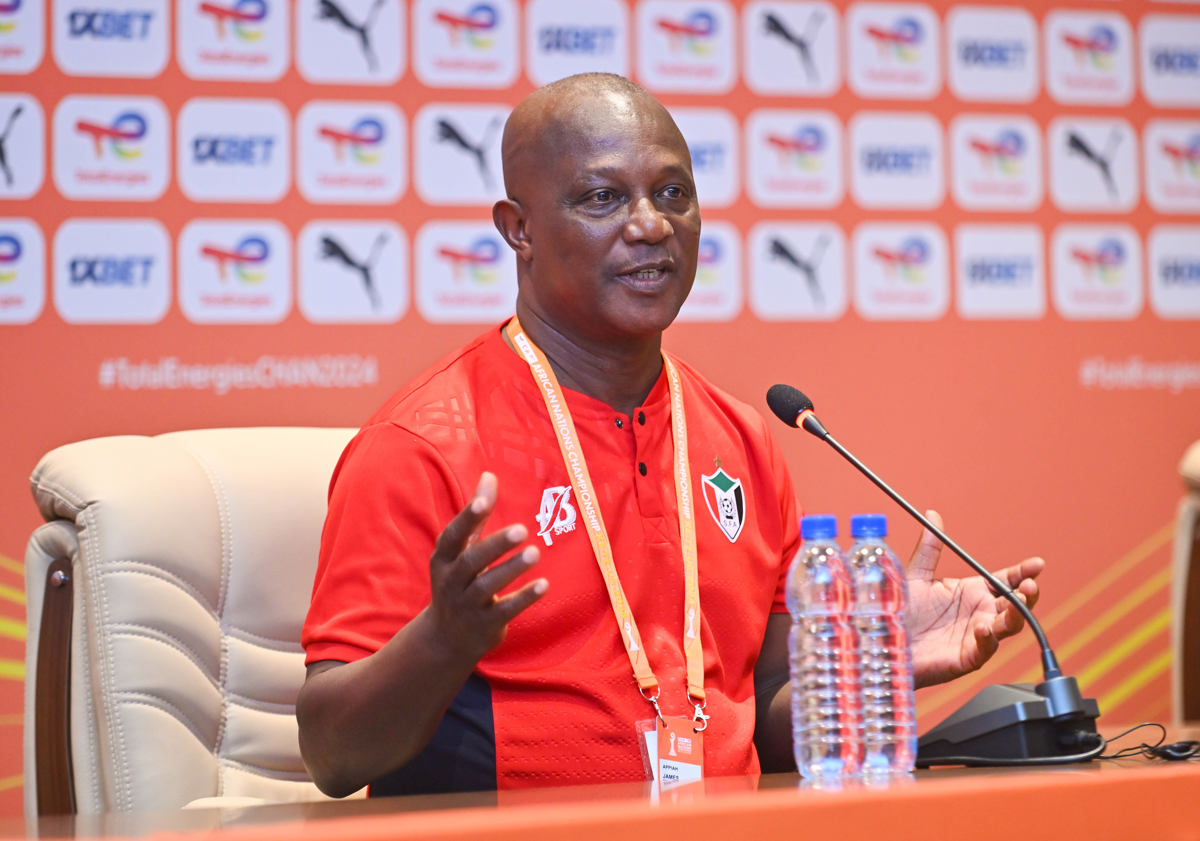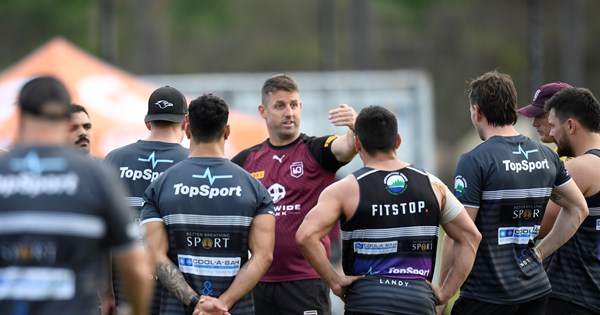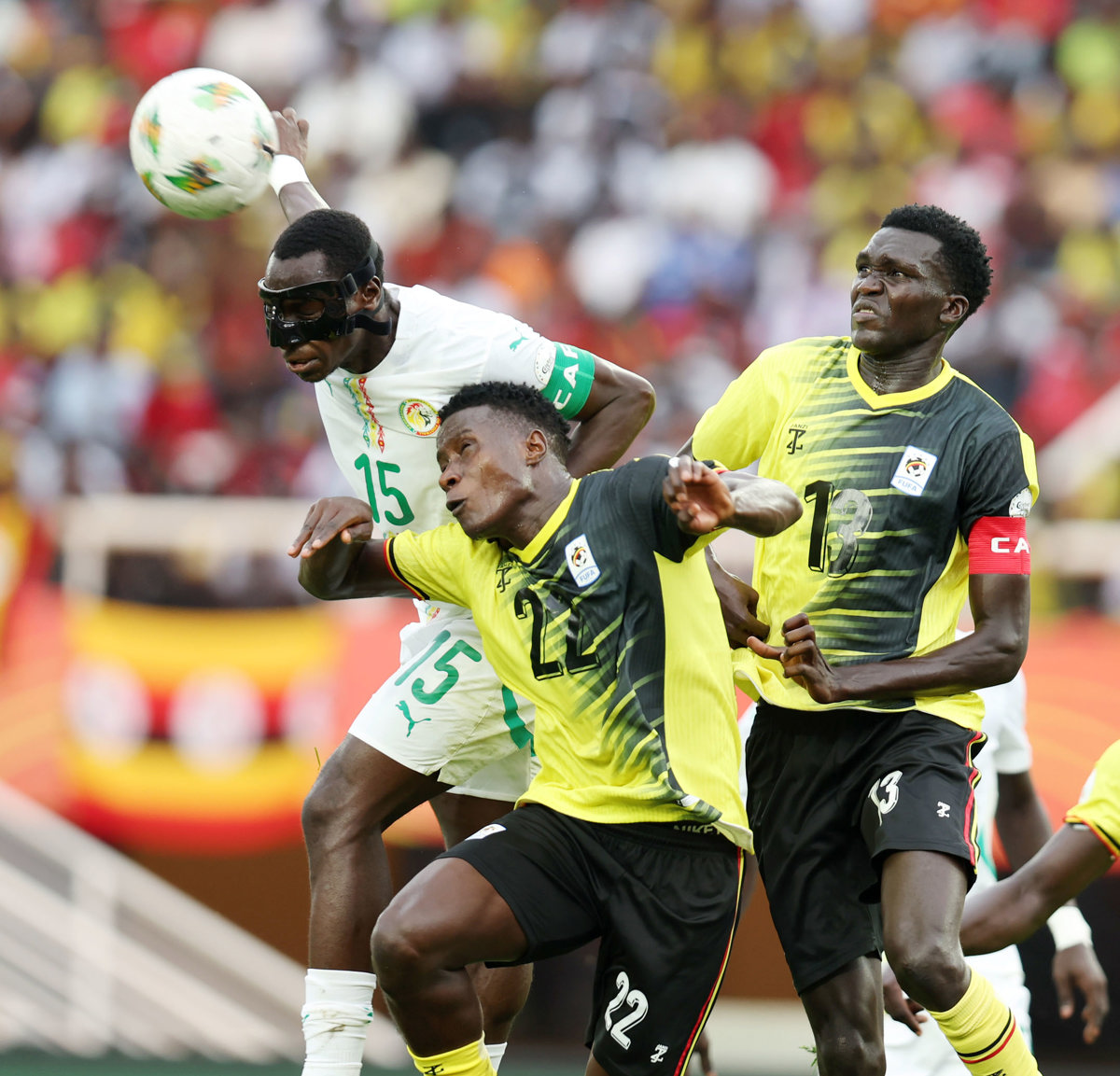Newcastle only have themselves to blame for farce over wantaway Alexander Isak

Alexander Isak scores against Liverpool to help Newcastle win the Carabao Cup in March, but he now wants to join the Reds. Photograph: Stu Forster/GettyThe bad feeling created by the Alexander Isak transfer saga has now had nearly a month to fester, to the point where Monday night’s Newcastle United v Liverpool match promises to be a carnival of hate.The fault for this lies entirely with Newcastle. It’s hard to see how they could have handled this situation any worse.The anger and resentment evident among Newcastle’s fan base is aggravated by the widespread conspiracy theory that the Premier League’s profit and sustainability rules (PSR), ostensibly there to prevent clubs spending themselves into bankruptcy, are a plot concocted by the “red cartel” to protect their interests at the expense of clubs like Newcastle, whose Saudi owners could otherwise apply near-unlimited wealth to dominate the market.This delusional account ignores the football reality that sometimes your best players decide they want to leave. It’s a fact of life for nearly every club in the world, even Abu Dhabi-era Manchester City, who last year reluctantly sold Julián Alvarez to Atlético Madrid. Only Real Madrid have the privilege of never losing a player they’d rather keep.The biggest commercial juggernaut among the “red cartel” has plenty of painful experience in this area.Back in 2008 Manchester United won the Champions League, to complete a treble including the Premier League and League Cup. Cristiano Ronaldo won the Ballon d’Or, and Old Trafford’s trident of Ronaldo, Wayne Rooney and Carlos Tevez was the envy of world football. Within two years, all three would announce that they wanted to leave the club.Ronaldo was the first to want out, telling Alex Ferguson in the summer of 2008 that he wanted to join Real Madrid. Ferguson recognised that he could not keep the player against his wishes. “I knew full well that if [Madrid] produced the £80 million, he would have to go. We could not block his fervent wish to return to Iberia and wear the famous white shirt of Di Stefano or Zidane,” he wrote in his 2013 autobiography.The best he could do was delay the move. He told Ronaldo that Real Madrid’s president, Ramón Calderón, had behaved insultingly by claiming that Ronaldo would “inevitably” join Real Madrid.“I know you want to go,” Ferguson told Ronaldo, “but I’d rather shoot you than sell you to that guy now … If I do that, all my honour’s gone, everything’s gone for me, and I don’t care if you have to sit in the stands. I know it won’t come to that, but I just have to tell you I will not let you leave this year.”Alex Ferguson and assistant Carlos Queiroz talk to Cristiano Ronaldo during training for the 2008 Champions League Final. Photograph: Alex Livesey/GettyUnable to find an answer to the combination of emotional blackmail and veiled threats from a figure he respected enormously, the 23-year old Ronaldo agreed to one last season. Tevez also left in 2009, after United decided they could not match the enormous contract terms being offered by Manchester City.Then, in October 2010, Rooney released a statement announcing that he would not be signing a new contract as he had come to doubt United’s “ambition”. This time Ferguson’s approach was more confrontational and intimidatory.When a sheepish Rooney came to his office for talks, the manager brutally ridiculed the idea that United lacked “ambition”: had they not won three of the last four league titles and played in two of the last three Champions League finals? In a TV interview, he spoke about Rooney in the tone you might use with a misbehaving child: “I told him, ‘I don’t want any nonsense out of you. Respect this club’.”The drama concluded with Rooney signing a much-improved five-year contract, though as Ferguson later noted: “It was a sorry episode for Wayne because it portrayed him as a money man who had dropped his grievance the minute his salary was raised.” Rooney’s standing with the United fans never quite recovered.(Ferguson himself came out of it very well. He complained to Joel Glazer that it was unfair Rooney was now earning twice as much as he was, so United promptly doubled his salary.)It should be emphasised that all this upheaval took place at Manchester United, then the second-richest club in the world, in the midst of the most successful period in their history – five seasons that produced four league titles and three Champions League finals – under the most powerful manager English football has seen. And still their star players wanted to leave.Magpies boss Eddie Howe has limited options in trying to keep Alexander Isak at St James's Park. Photograph: Adrian Dennis/GettySo there’s nothing surprising in the idea that the club that finished fifth in the Premier League last season and won their first trophy in more than 50 years might struggle to hang on to a talent such as Isak.Unlike Ferguson with Rooney, Newcastle manager Eddie Howe can’t turn around to the player and point out that he is already playing for the best club in the country.There were two ways Newcastle might have approached the problem, depending on whether their ultimate goal was to keep Isak or to sell him and use the proceeds to build the team.If they were serious about keeping him, they should have been renewing his contract after two years. But they messed that up, first dangling the idea of an improved contract, then withdrawing it after the new (now-ex) sporting director decided that giving a pay rise to a player who still had four years left on his deal should not be a priority.With that decision, Newcastle accepted that they were not going to be Isak’s forever-club – and from that moment they should have been planning for his exit.The best example is Brighton & Hove Albion, whose transfer dealings season after season remind the other clubs of a fact they often seem to forget: footballers are a renewable resource, there are always new stars waiting to replace the old, if you know how to identify them. Sell Caicedo, buy Baleba, move on.Newcastle fans who complain about PSR might be better off asking why their club steadfastly refuses to run its affairs in an intelligent, Brighton-like manner.Palace boss Oliver Glasner acknowledged they had missed the chance to replace their star player, Eberechi Eze, who was sold to Arsenal. Photograph: Julian Finney/GettyHowe admitted last week that he had spoken to Isak about his future towards the end of last season. Three months on, Newcastle say that Isak cannot move because “the conditions of sale have not materialised”.An improved bid from Liverpool can be expected before next week’s transfer deadline on September 1, but the other part of the “conditions of sale” – a couple of new strikers to replace Isak and Callum Wilson – remains uncertain. Whose fault is that?Newcastle’s attitude contrasts with that of Crystal Palace coach Oliver Glasner, who was visibly annoyed when he spoke to the media before their Uefa Conference League match last week – not because Palace had just agreed to sell his best player, Eberechi Eze, to Arsenal – but because they have not yet replaced him.“The profile [of potential replacements] is defined for months – for months‚” Glasner said. “It’s not surprising for everyone that ‘Ebs’ left. Honestly, it’s not surprising … We knew the chances were high that this would happen. And honestly, I’ll say it like it is, we missed the chance to replace him early enough. That’s completely our fault and nobody else’s fault.”Such a sense of accountability is missing at Newcastle, who have found it more convenient to let their fans rage against the imagined corruption of the system and the bad behaviour of the player. The same player they now say they want to reintegrate to their “family”. Good luck with that.

